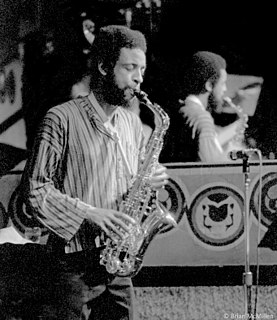A Quote by Zia Haider Rahman
Novels need readers of a certain kind, people who are patient and enjoy immersing themselves in another perspective for uninterrupted stretches of time. Reading habits might well be changing. People who pay for novels might overlap significantly with those who engage in Twitter and Facebook.
Related Quotes
Graphic novels might really speak to one child who's struggling with the other kinds of reading and might help them discover that storytelling is joyful and personal and illuminating. They might find your way in auditorily by listening to audio books in the car instead of playing Game Boys or watching DVDs.
Writers begin changing the instant they append 'The End' to a novel. Readers begin changing the moment they encounter that same phrase. And even the novels themselves, through the strange transmutations of time and shifting tastes and mores, exhibit changes as we look backward upon them, acquiring retroactive meanings and tonalities.
My only passions were books and music. As you might guess, I led a lonely life… Not that I knew what I wanted in life - I didn’t. I loved reading novels to distraction, but didn’t write well enough to be a novelist; being an editor or a critic was out, too, since my tastes ran to the extremes. Novels should be for pure personal enjoyment, I decided, not part of your work or study. That’s why I didn’t study literature
You kind of notice what's going on in your body, and you can kind of feel a certain tightening, or fear, which is something that, as an artist, I've kind of befriended. I can pretty much count on it for anything that I engage in - that thing like, "Am I going to be able to pull this off?" Well, what am I gonna do with this feeling? The more nervous you get, the more worried you get about it. So you pay attention to what you might need.
People have their own interests and they want to play a certain kind of music. People want to play in orchestras. They want to play on Broadway. Those that want to play traditional jazz and have no interests in the ideas of improvisation. So in spit of the fact that there are fifty violin players, you might only narrow it down to ten and within those ten, there might only be three who have the right kind of background and credentials to deal with what you need to deal with. Everybody's got their own special thing that they are after and a lot of times you don't have time to be training people.
I respond very well to rules. If there are certain parameters it's much easier to do something really good. Especially when readers know what those are. They know what to expect and then you have to wrong-foot them. That is the trick of crime fiction. And readers come to crime and graphic novels wanting to be entertained, or disgusted.
Radio is the medium that most closely approximates the experience of reading. As a novelist, I find it very exciting to be able to reach people who might not ever pick up one of my books, either because they can't afford it (as is often the case in Latin America), or because they just don't have the habit of reading novels.
So many people have the TV or radio constantly turned on “for company,” or spend their time reading trashy novels, aimlessly surfing the Net, and so on. Then suddenly one day you are old or sick and you realize you have done nothing with your life. All your thoughts are other people's thoughts and you have no idea who you really are or what the purpose of your life might be.







































